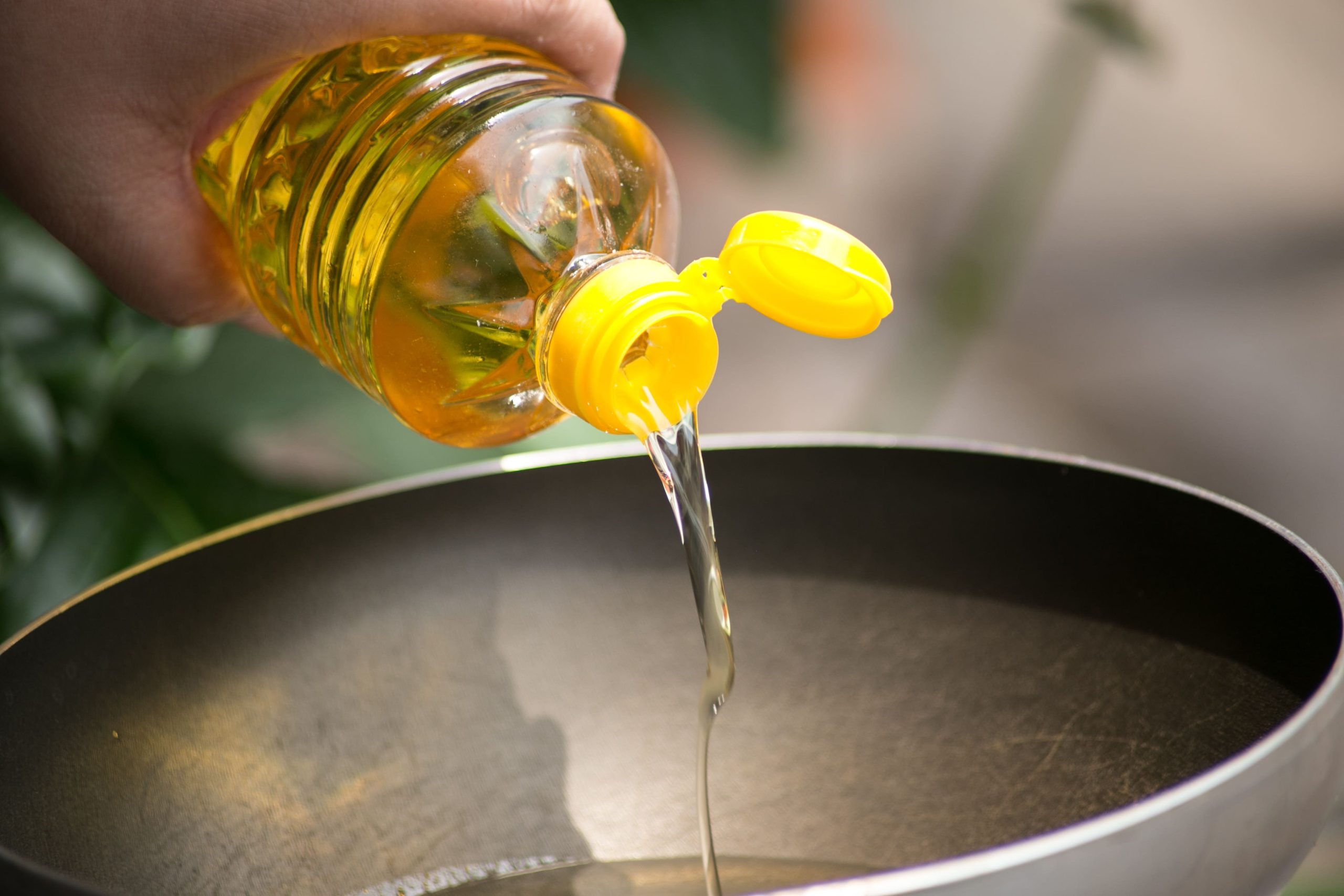The KSA edible oil market plays important role in nation’s food industry. The market consists of diverse range of products including palm oil, sunflower oil, olive oil, soybean oil, and specialty fats. The KSA is one of the largest consumers of olive oil in the Middle East, with annual imports exceeding 60,000 metric tons. In recent years, government has introduced incentives to boost local production. The Al-Jawf is known as the “Olive Capital of Saudi Arabia,” as the city produces over 30,000 metric tons of olives annually. The local producers are focusing on high-quality, cold-pressed oils to cater to health-conscious consumers. This is expected to reduce dependency on imports and enhance food security.
What’s Driving Edible Oil Market in KSA?
- The rising urbanisation and evolving consumer preferences are increasing the consumption of processed and ready-to-eat foods. This drives the edible oil market as these oils are important ingredient in food processing. In 2024, Saudi Arabia’s food market was valued at USD 9.4 billion. This growth directly impacts the edible oil industry and foodservice sector.
- The technological innovation in oil processing is playing a critical role in enhancing quality and efficiency of oil production in KSA. The manufacturers are using techniques like cold pressing, enzymatic processing, and precision filtration to improve oil yields and reducing production waste. These advancements are driven by rising demand for high-quality edible oils among health-conscious consumers.
- The government initiatives are emphasizing on local production to reduce import dependency and enhancing food security. The investments in agriculture sectors are boosting the local olive oil production, with AI-Jawf responsible for 67% of the Kingdom’s olive oil production. Furthermore, efforts are made to strengthen local supply chains and promoting sustainable practices in oil production.
Market Competition
The KSA edible oil market is highly competitive, with mix of international players and local producers. The major players including Savola Group, Cargill, and Wilmar International dominates the competitive landscape. Savola Group is the leading player, with diverse product portfolio including most popular cooking oil brands including Afia and Al Arabi. In 2024, company reported a net profit of SAR 189.16 million. Cargill is a global agribusiness giant, focusing on introducing innovative edible oil products like specialty fats and high-oleic sunflower oils to cater the growing demand for healthier cooking options. In 2024, company announced a joint venture with a major Saudi food manufacturer to establish a state-of-the-art oil processing facility in Jeddah with an annual capacity of 250,000 metric tons. Meanwhile, Wilmar International is leveraging its global supply chain to provide cost-competitive edible oils to the region, reported a 12% increase in net profit in 2024.
Import Dependency and Supply Chain Vulnerabilities
The KSA edible oil market is witnessing a major challenge of heavy reliance on imports, leading to disruption of global supply chain and price volatility. The imports accounts for 90% of the edible oil requirements. This high dependency is due to various factors including geopolitical tensions, climate-related disruptions, and fluctuations in global oilseed production. To address this challenge, KSA had to invest in agricultural technology and infrastructure to enhance local production capabilities.
Future Outlook
The KSA edible oil market is set to undergo significant transformations through 2030. The growing demand for healthier edible oil options will drive the popularity for olive, sunflower, and avocado oils. The advancement in oil extraction and processing technology will enhance product quality and shelf life. The methods to detect adulteration, like NMR technology developed by KAUST and the Saudi Food and Drug Authority will improve product authenticity. Furthermore, to mitigate risks associated with global supply chain disruptions, Saudi Arabia is investing in infrastructure and diversifying import sources. The acquisition of an additional 44.6% stake in Singapore-based Olam Agri by the Saudi Agricultural & Livestock Investment Company (SALIC) for $1.78 billion exemplifies efforts to secure stable supply chains for grains, oilseeds, and edible oils.
Consultant at Nexdigm In their latest publication “KSA Edible Oil Market Outlook to 2030: By Product Type (Olive Oil, Palm Oil, Sunflower Oil, Soybean Oil, Canola Oil, Corn Oil, Coconut Oil, Specialty Oils), By Nature (Conventional Oils, Organic Oils), and By Distribution Channel (Supermarkets and Hypermarkets, Specialty Stores, Convenience Stores, Online Retail, Direct-to-Consumer (D2C))” believes that by enhancing local processing capabilities and accelerating digital transformation in distribution, businesses can gain competitive advantage in KSA edible oil market.

